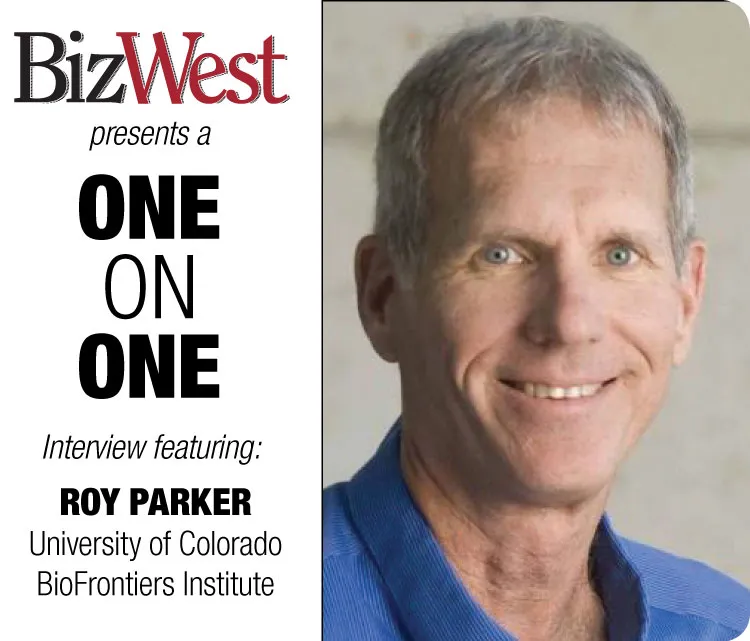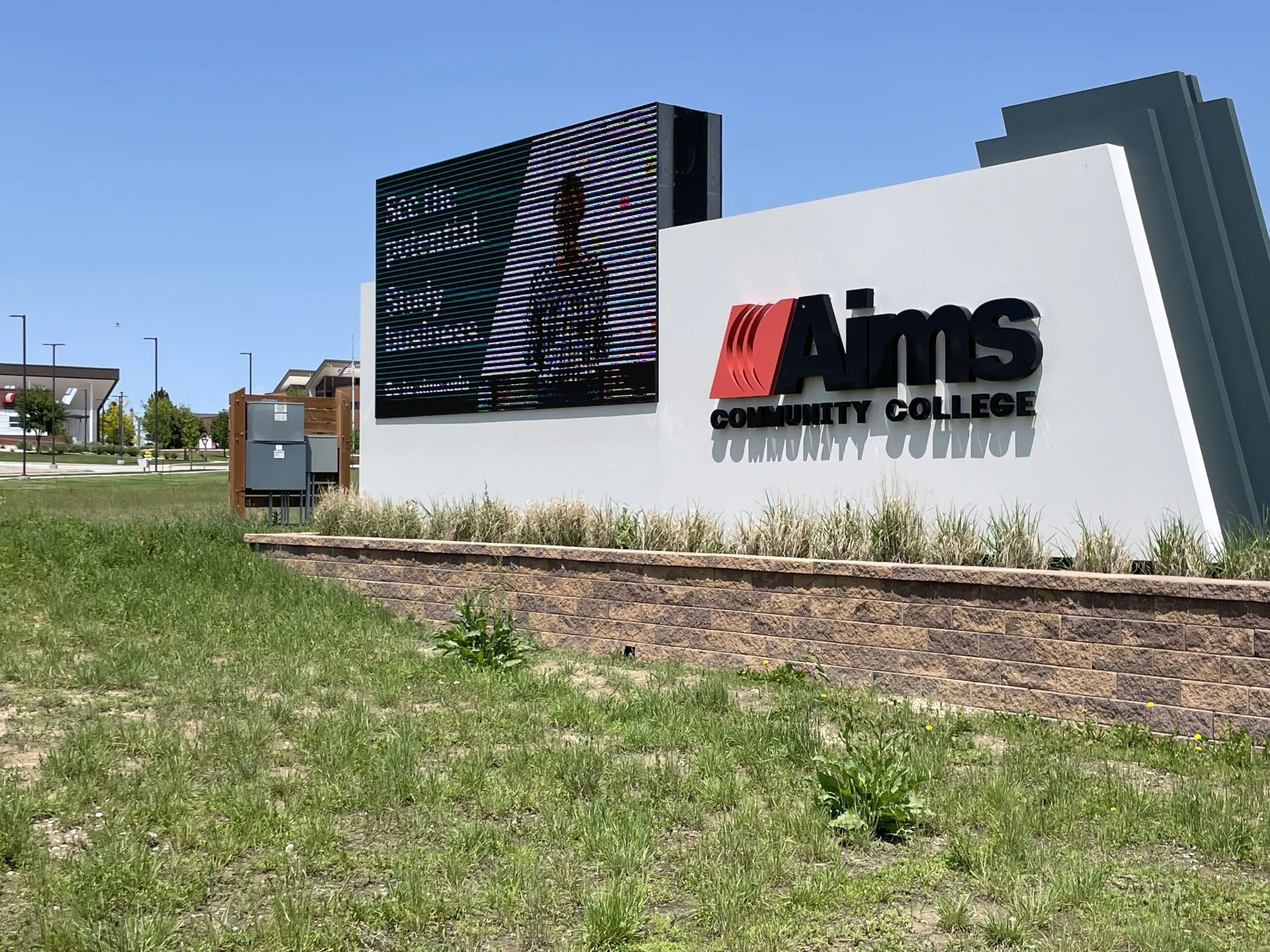One-On-One: An interview with Roy Parker — University of Colorado BioFrontiers Institute

Each month, BizWest asks a business leader to participate in a question and answer feature to help shed light on a business topic, an industry or add insight to a field of endeavor. This month, BizWest staffer Lucas High interviews Roy Parker, the new executive director of the University of Colorado BioFrontiers Institute. This interview has been lightly edited for length and content.
University of Colorado chemistry professor Roy Parker recently stepped into the executive director role at CU’s BioFrontiers Institute. He takes over from longtime institute leaders Tom Cech, who stepped away in July to…
THIS ARTICLE IS FOR SUBSCRIBERS ONLY
Continue reading for less than $3 per week!
Get a month of award-winning local business news, trends and insights
Access award-winning content today!





